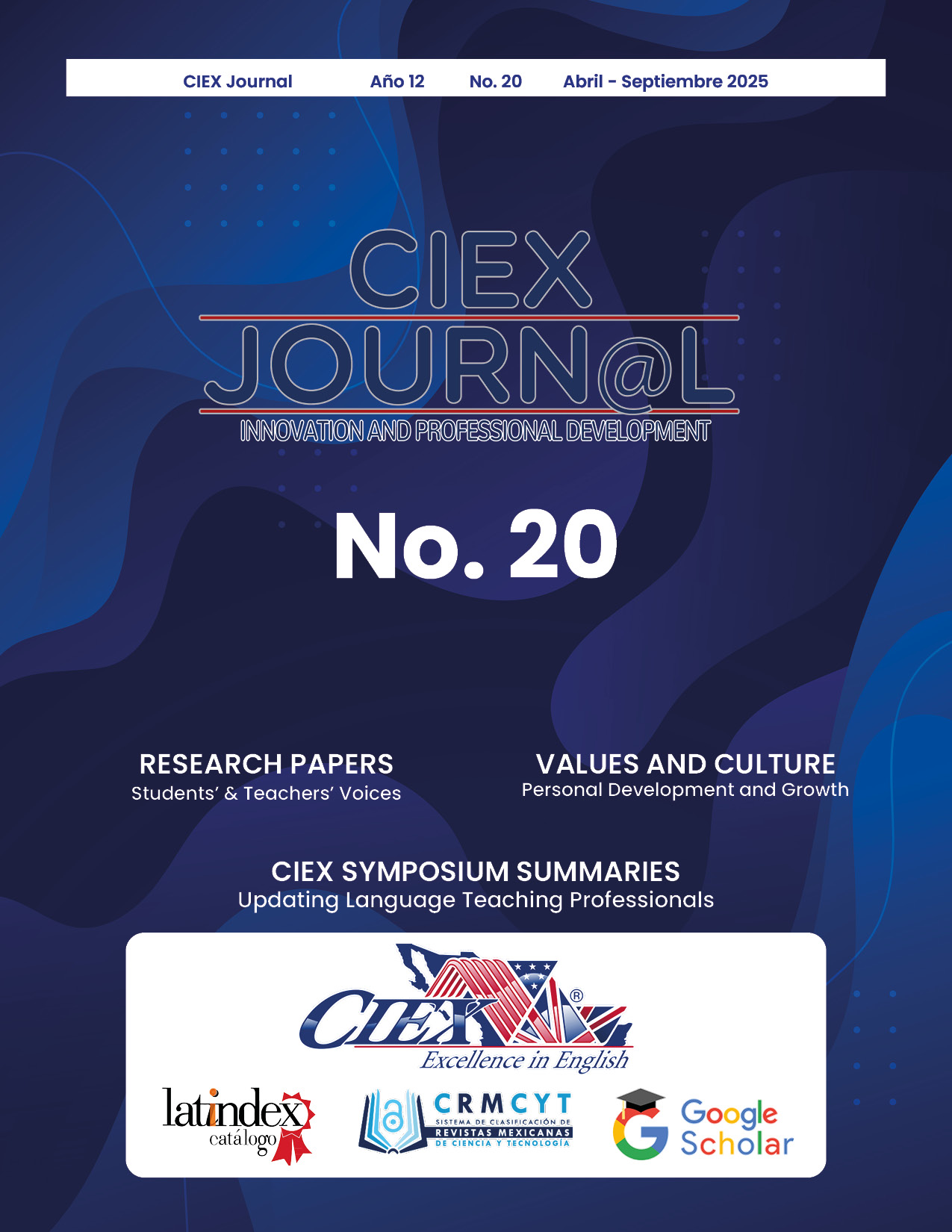Using Duolingo in the EFL classroom: A Study on Effectiveness and Student Perceptions
Keywords:
autonomous learning, EFL classroom, Technology and English Language Teaching, student's perceptions, Artificial Intelligence, Play-Based Learning, Early Childhood Education, English Language Learning, Educational Technology, technology integrationAbstract
Technology integration in education is crucial, yet the effectiveness of using applications (apps) to learn languages remains controversial. This mixed-methods study explores the impact of the language learning app Duolingo on the perceptions and proficiency of 12 English learners in a private school in Chihuahua, Mexico. The study explores the students’ perceptions of using the app to determine its effective use in the classroom. Research questions focus on students’ attitudes and perceptions towards apps and the potential benefits and drawbacks of using them to improve language proficiency. Data was collected from interviews, a questionnaire, and tests. Findings reveal a significant increase in test scores and a shift from negative to positive perceptions of app-based learning. Focusing on communicative practice, the app proved effective when used as a class complement rather than in isolation. These results highlight the potential of technology-enhanced learning to improve EFL proficiency and student engagement.
Downloads

Downloads
Published
How to Cite
Issue
Section
License
Copyright (c) 2025 CIEX JOURNAL

This work is licensed under a Creative Commons Attribution-NonCommercial 4.0 International License.




